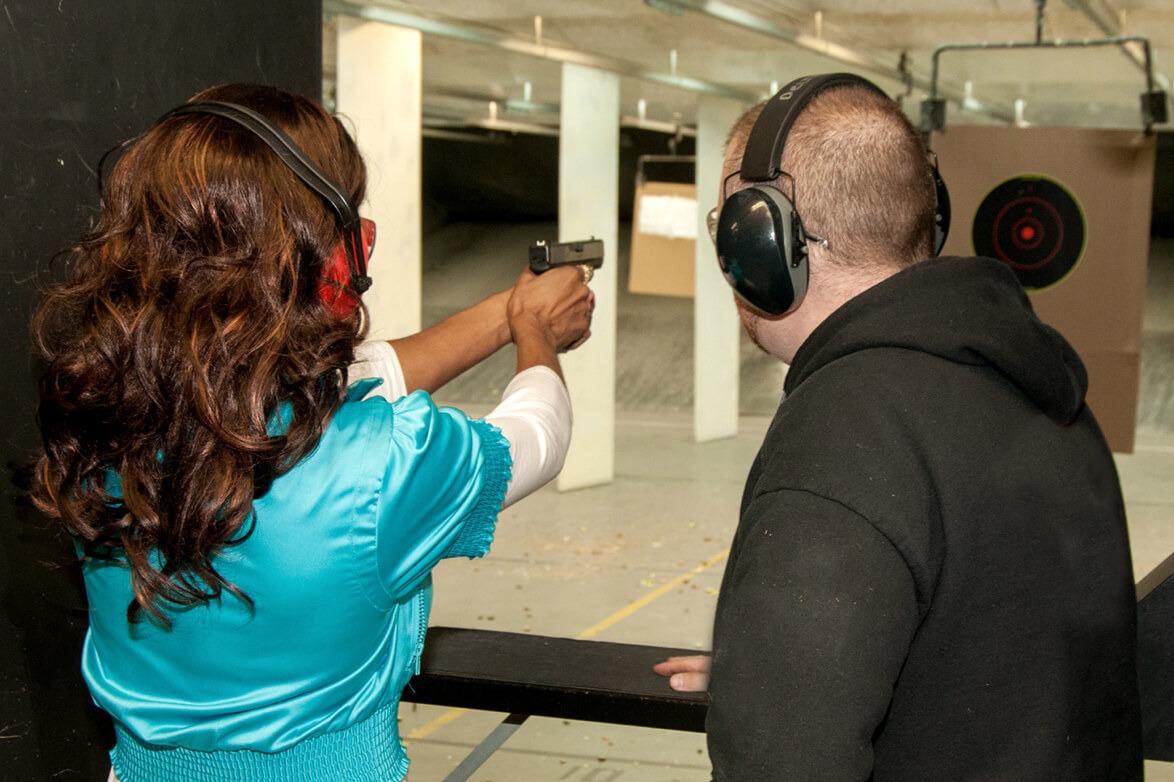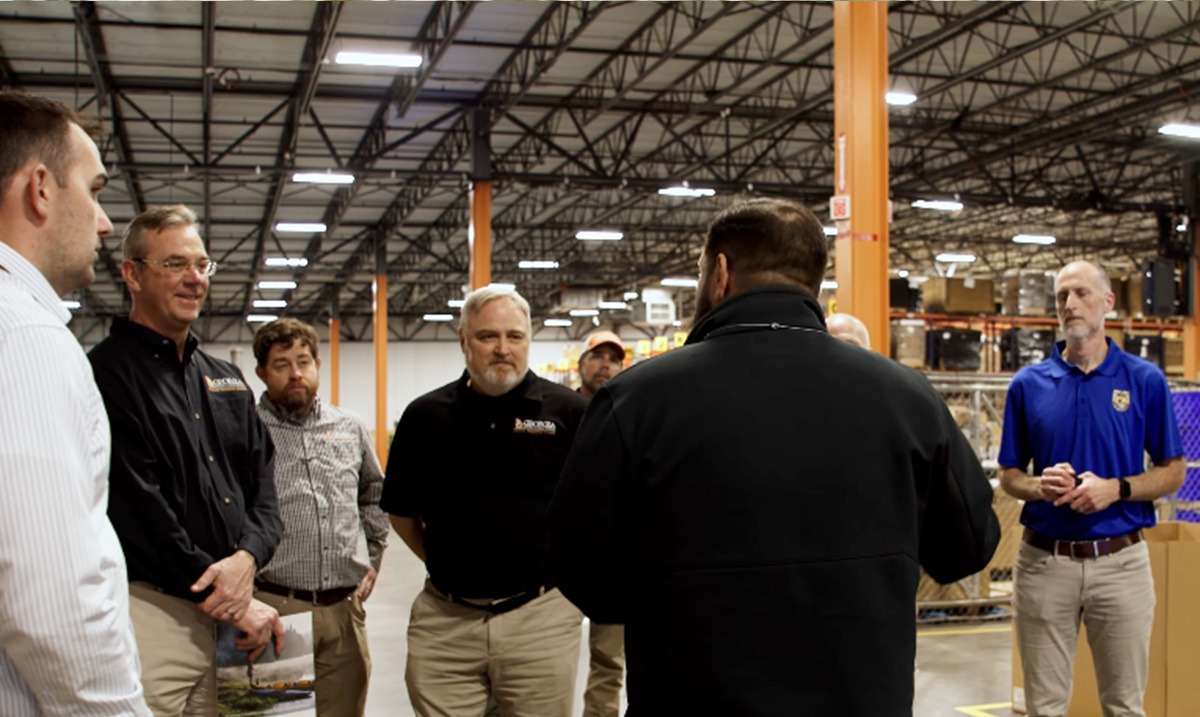Why collaborate with the American Foundation for Suicide Prevention?
 Recognizing that nearly two-thirds of all firearms deaths are suicides and that half of all suicides in the U.S. are by firearm, NSSF and its Retailer and Range Advisory Councils chose to respond to this problem by partnering with experts in the field of suicidology.
Recognizing that nearly two-thirds of all firearms deaths are suicides and that half of all suicides in the U.S. are by firearm, NSSF and its Retailer and Range Advisory Councils chose to respond to this problem by partnering with experts in the field of suicidology.
Around the same time, the American Foundation for Suicide Prevention was announcing its bold goal of reducing the annual suicide rate in the United States 20 percent by the year 2025. AFSP realized that to reach its goal it needed a partner to help reach firearms owners with suicide prevention education on risk factors and warning signs, resources to provide help and reminders to prevent access to firearms by at-risk persons.
AFSP is the nation’s largest suicide prevention organization. AFSP funds research and creates educational programs, has chapters in every state and is known for its Out of the Darkness Walks, which raise awareness about suicide in communities across the country.
Where do I go for more information?
See the press release about the partnership. Or you can contact Bill Brassard, NSSF Senior Director, Communications, for more information at [email protected].
If someone wants to end their life by firearm, won’t they find another way to do it if they do not have access to a gun?
According to AFSP, there is very strong evidence that when those who are suicidal do not have access to a chosen method for suicide, most do not typically shift to a different method. In most cases, they will not go on to make an attempt or end their life.
By separating a suicidal person from their firearm through secure storage or even temporary removal of the firearm from the home, you increase their chances for survival. If they do attempt, they may be more likely to choose a less lethal method if their firearm is not readily available. One of the important factors is giving a suicidal person time—time for the person to move out of the crisis moment and regain their usual healthier ways of coping; to receive help; for the attempt to be interrupted; or for the person to change their mind.
The ability to buy time is a life-saving measure when it comes to suicide.








